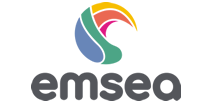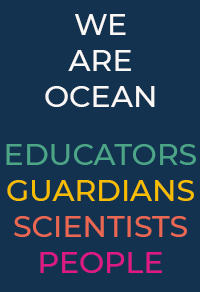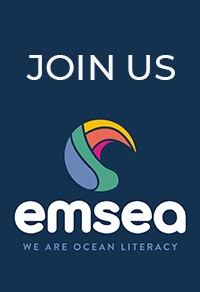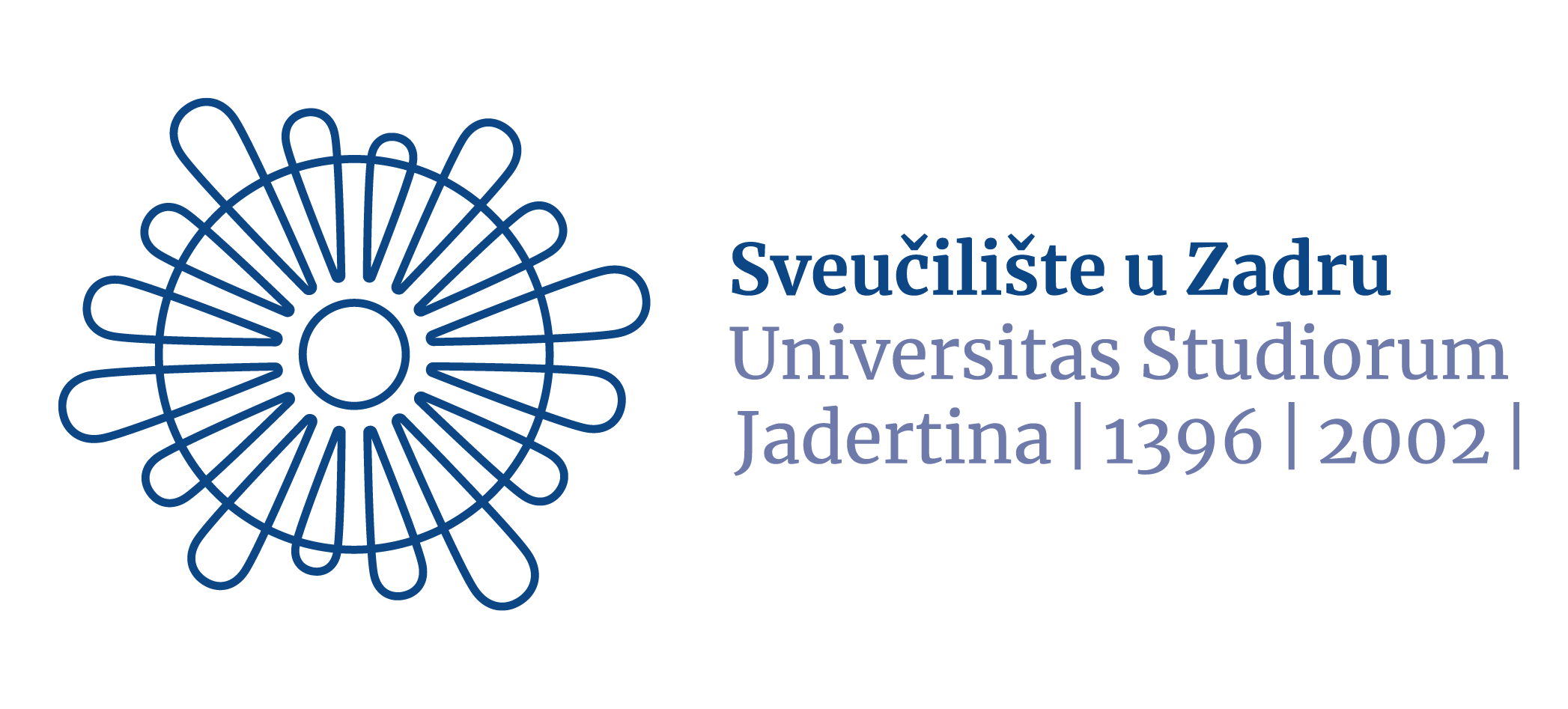
As the Ocean Literacy concept marks its 20th anniversary this year, and EMSEA proudly celebrates 11 years of advancing Ocean Literacy in Europe and beyond, we are thrilled to announce that our 10th annual conference is scheduled to take place in Zadar, Croatia, from September 23rd to 26th.
Visit the event site for more up-to-date info and registration.
Zadar is a 3000-year-old city situated in the middle of the eastern Adriatic coastline, and according to Alfred Hitchcock, it’s a city with the most beautiful sunset in the world. The conference host will be the University of Zadar (UNIZD), a member of the European University for Smart Urban Coastal Sustainability (EU-CONEXUS). The conference will be co-organized by UNIZD and the NGO Marine Explorers Society - 20.000 leagues, both working together as the pioneers of ocean literacy in Croatia.
During the EMSEA Annual Conference 2024 we will focus on the following topics:
- OCEAN LITERACY AND BLUE ECONOMY
Ocean literacy is essential for the success of the sustainable blue economy, as it equips individuals and stakeholders with the knowledge needed to make informed decisions about sustainable resource utilization, conservation, and economic development. In this session we look for abstracts showcasing different practices and initiatives that align the economic potential of the ocean with a profound understanding of their ecosystems, fostering sustainable blue economy and responsible resource management. Some examples are integration of ocean literacy principles into blue economy strategies, case studies on sustainable practices within blue economy sectors, the role of education in promoting blue economy awareness and engagement, innovative technologies and methodologies contributing to both ocean literacy and the blue economy, partnerships and collaborations for fostering responsible development within the blue economy, etc.
- INCLUSIVE OCEAN LITERACY
Inclusive ocean literacy seeks to ensure that education and engagement with the ocean are accessible to everyone, regardless of their background, culture, or abilities, by addressing and removing barriers to participation and learning. It emphasizes the importance of incorporating diverse perspectives and knowledge systems in understanding and stewarding the marine environment, fostering a more equitable and comprehensive approach to ocean conservation and management. We want to hear about your data and experience in different initiatives, and educational practices that promote a more inclusive understanding of the oceans, recognizing and embracing diverse perspectives, voices, and experiences such as inclusive educational approaches that consider diverse learning styles and abilities, case studies on successful inclusive ocean literacy programs, the role of technology and multimedia in making ocean literacy more accessible to diverse audiences.
- OCEAN LITERACY AND NATURAL SCIENCES
Natural sciences provide the essential knowledge base for ocean literacy, enabling individuals to comprehend the intricate relationships within marine ecosystems, the impact of human activities, and the broader scientific context of ocean dynamics. This session seeks to showcase innovative approaches to teaching ocean literacy within natural science disciplines, research in marine biology, oceanography, and related fields contributing to ocean literacy, the role of technology in advancing understanding and awareness of ocean science, effective communication strategies for translating scientific knowledge to diverse audiences.
- OCEAN LITERACY BEYOND NATURAL SCIENCES
Ocean literacy extends beyond natural marine sciences by integrating knowledge from diverse fields such as geography, history, economics, and law, thus emphasizing the broader impact of oceans on human societies and the planet as a whole. In this session we welcome abstracts about cultural and artistic expressions contributing to ocean literacy, economic, geopolitical, and legal dimensions of ocean literacy, historical perspectives and narratives shaping our understanding of the seas, etc.
- OCEAN LITERACY AND ACADEMIA
Academia can play a crucial role in contributing to ocean literacy by engaging in various activities that promote understanding, awareness, and sustainable management of the ocean. In this session we look for abstracts which explore innovative educational practices such as integrating ocean literacy into academic curricula across disciplines, collaborative initiatives between academia and ocean literacy programs, the role of academic institutions in promoting public awareness of marine issues, best practices in engaging students and faculty in ocean literacy initiatives, impactful partnerships between academia and the wider community for ocean education, etc.
- OCEAN LITERACY RESEARCH
Ocean literacy is emerging and evolving as a new research topic in recent years. It involves studying and understanding the various aspects related to public awareness, knowledge, attitudes, and behaviors concerning the ocean, including different dimensions of ocean literacy. Key areas of focus in this session are studies of different aspects and dimensions of ocean literacy, methodological advancements in assessing ocean literacy levels, the impact of ocean literacy on individual behaviors and community engagement, cross-cultural perspectives in ocean literacy research, interdisciplinary approaches in studying the effectiveness of ocean literacy programs, etc.
- OCEAN LITERACY AND WATER SPORTS
Water sports provide a direct, immersive experience with the marine environment, fostering a personal connection and deeper appreciation for the ocean that can motivate individuals to learn about and protect marine ecosystems. This session is focused on the dynamic intersection of ocean literacy and water sports and explores how recreational activities in marine environments can serve as powerful platforms for educating the public about the oceans, fostering environmental stewardship, and promoting sustainable practices. We want to hear from you about the innovative approaches to integrating ocean literacy in water sports programs, case studies on the impact of water sports on ocean awareness and conservation, strategies for engaging diverse communities in ocean literacy through water sports, research on the psychological and social benefits of combining water sports with environmental education, development of technologies or methods that enhance ocean literacy outcomes in water sport activities.
- OCEAN LITERACY AND EDUCATION
Session on ocean literacy and education brings together educators, researchers, and practitioners to share insights, innovations, and best practices that enhance understanding and appreciation of the oceans through educational initiatives. In this session we welcome abstracts about innovative approaches to integrating ocean literacy into formal and informal education, projects integrating and promoting ocean literacy among different educational stakeholders, educational technology and digital resources advancing ocean literacy, interdisciplinary collaborations between educators, scientists, and policymakers, evaluation and assessment of ocean literacy programs in educational settings, etc.
- OPEN SESSION
You have a story related to ocean literacy that you want to share but it doesn't fit any of the topics? Then the Open session is for you. Submit your abstract here!
Submit your abstract (limited to 500 words) here before May 24, 2024.
Join us as we celebrate 20 years of Ocean Literacy and Experience the essence of Mediterranean lifestyle and tradition, marvel at Zadar's iconic sea organs, and reconnect with the ocean in this unique corner of the Adriatic Sea.
Conference partners:








